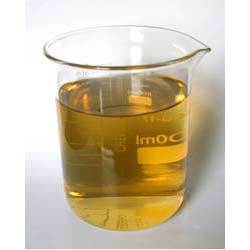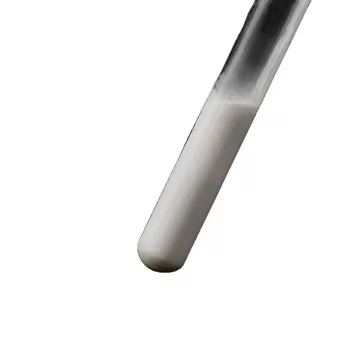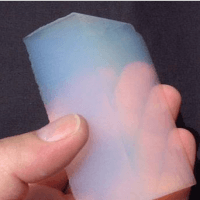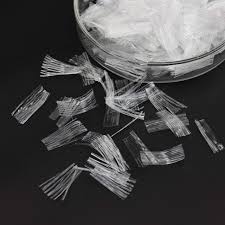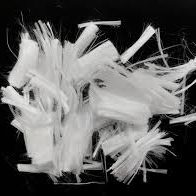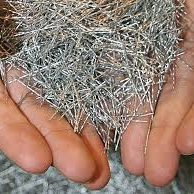Professional solutions on concrete addtives, Concrete Foaming Agent, Superplasticizer, CLC Blocks Additives, and foaming machine
(Why should we promote the application of building energy-saving wall materials such as self-insulating blocks? )
What is a self-insulating block?
There is a close relationship between self-insulation blocks and building energy saving.
A self-insulating block is a building material with excellent thermal insulation performance, which can effectively reduce the heat transfer inside and outside the building, thus reducing the energy consumption of the building.
The following energy-saving effects can be achieved by using self-insulating blocks:
1. Thermal insulation: self-insulating blocks have excellent thermal insulation performance, which can reduce the heat exchange between buildings and the outside world and reduce the energy consumption of winter heating and summer air conditioning.
2. Saving heating and cooling energy: due to the excellent thermal insulation performance of self-insulating blocks, the internal heat of the building is not easy to lose, saving the use of heating energy.
Similarly, in summer, self-insulating blocks can also block the entry of external heat, reduce the use of air conditioning and reduce the consumption of cooling energy.
3. Reduce energy loss: walls of traditional building materials can easily lead to a thermal bridge effect, resulting in energy loss.
By reducing the thermal bridge effect, self-insulating blocks can minimize energy loss and improve building energy efficiency.
4. Improve indoor comfort: self-insulating blocks can maintain a constant temperature inside the building, reduce cold and heat imbalance and temperature fluctuations, and improve indoor comfort.
Generally speaking, using self-insulating blocks can reduce the energy consumption of buildings, reduce energy waste and improve the energy-saving effect of buildings, which is of great significance for sustainable development and environmental protection.
Self-insulation blocks are widely used in a wide range of fields:
1. Construction field: self-insulation blocks are widely used in the construction industry. They can be used for thermal insulation of walls, floors, roofs, doors, windows, frames and other building parts, significantly reducing the energy consumption of buildings and improving energy efficiency.
2. Agricultural field: self-insulation blocks can also be used in agricultural buildings, such as farmland greenhouses, rural houses, warehouses, etc., which can effectively reduce the temperature of farming buildings, moistureproof, warmth and so on.
3. Industrial field: self-insulation blocks are widely used in industrial buildings, such as power plants, chemical plants, iron and steel plants, paper mills, etc., which can be used for pipe insulation, equipment anti-freezing, storage tank insulation and so on.
4. Other areas: self-insulation blocks can also be used in gardens, roads, bridges, water conservancies, and other engineering projects.
In the field of gardens, it can be used to make rockery, fountains and other landscapes; in the area of roads and bridges, it can be used to make slope protection and barriers.
The above information is for reference only. You can consult the relevant literature for more details.
Composition of self-insulating block equipment.
Self-insulating block equipment is mainly composed of the following parts: raw material processing system, block cutting line, automatic packaging machine, control system and so on.
When these components work together, various specifications and types of self-insulation blocks can be produced efficiently.
The investment of self-insulation block equipment can be large or small, and the mode of production is flexible: it can not only start with a small amount of mold investment but also can be produced directly on a large scale, not only on a fixed site but also on a relocated site.
The process of the self-insulating block is simple and easy to operate: the cement foaming is used to mix cement, fly ash, sand and other materials, and special equipment and mold can be used for molding without autoclave maintenance.
The self-insulation block takes fly ash, slag, sand, aeolian sand, stone powder with low soil content and tailing ceramsite as the primary raw materials, with high waste rate, low cost and high profit.
At the same time, it also promotes the development of the solid waste treatment industry.
Concrete additives Supplier
TRUNNANO is a reliable concrete additives supplier with over 12-year experience in nano-building energy conservation and nanotechnology development.
If you are looking for high-quality concrete additives, please feel free to contact us and send an inquiry. (sales@cabr-concrete.com)
We accept payment via Credit Card, T/T, West Union, and Paypal. TRUNNANO will ship the goods to customers overseas through FedEx, DHL, by air, or by sea.
(Why should we promote the application of building energy-saving wall materials such as self-insulating blocks? )


